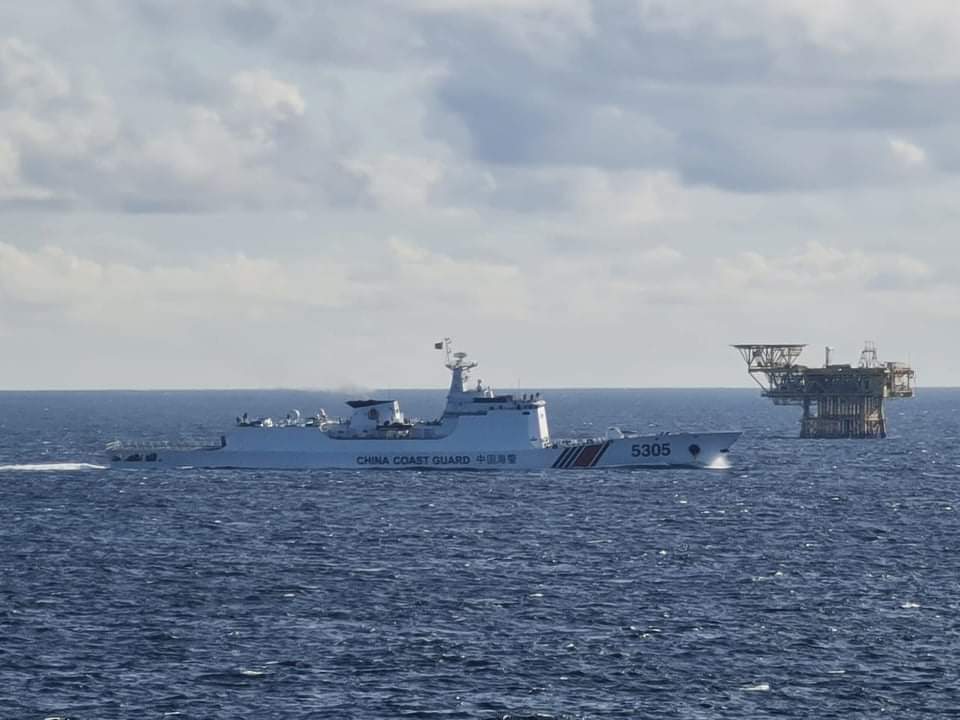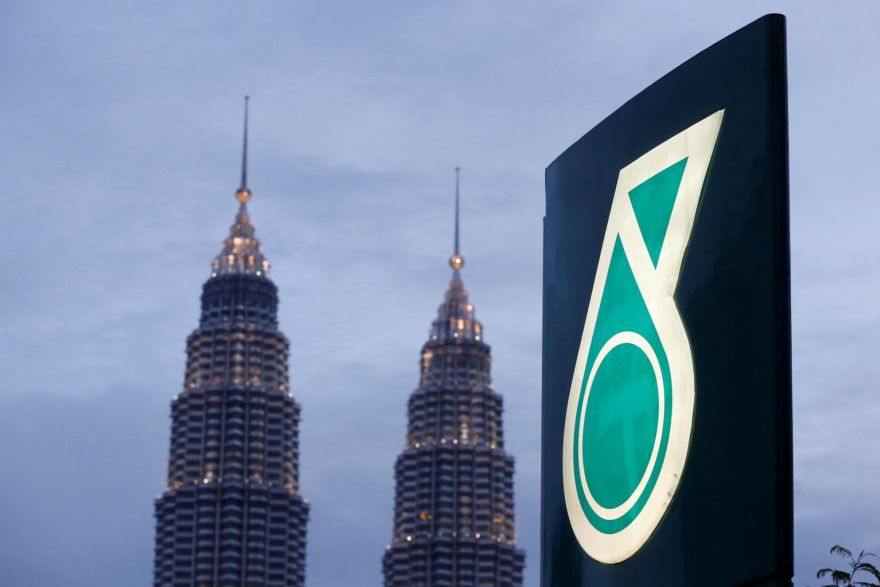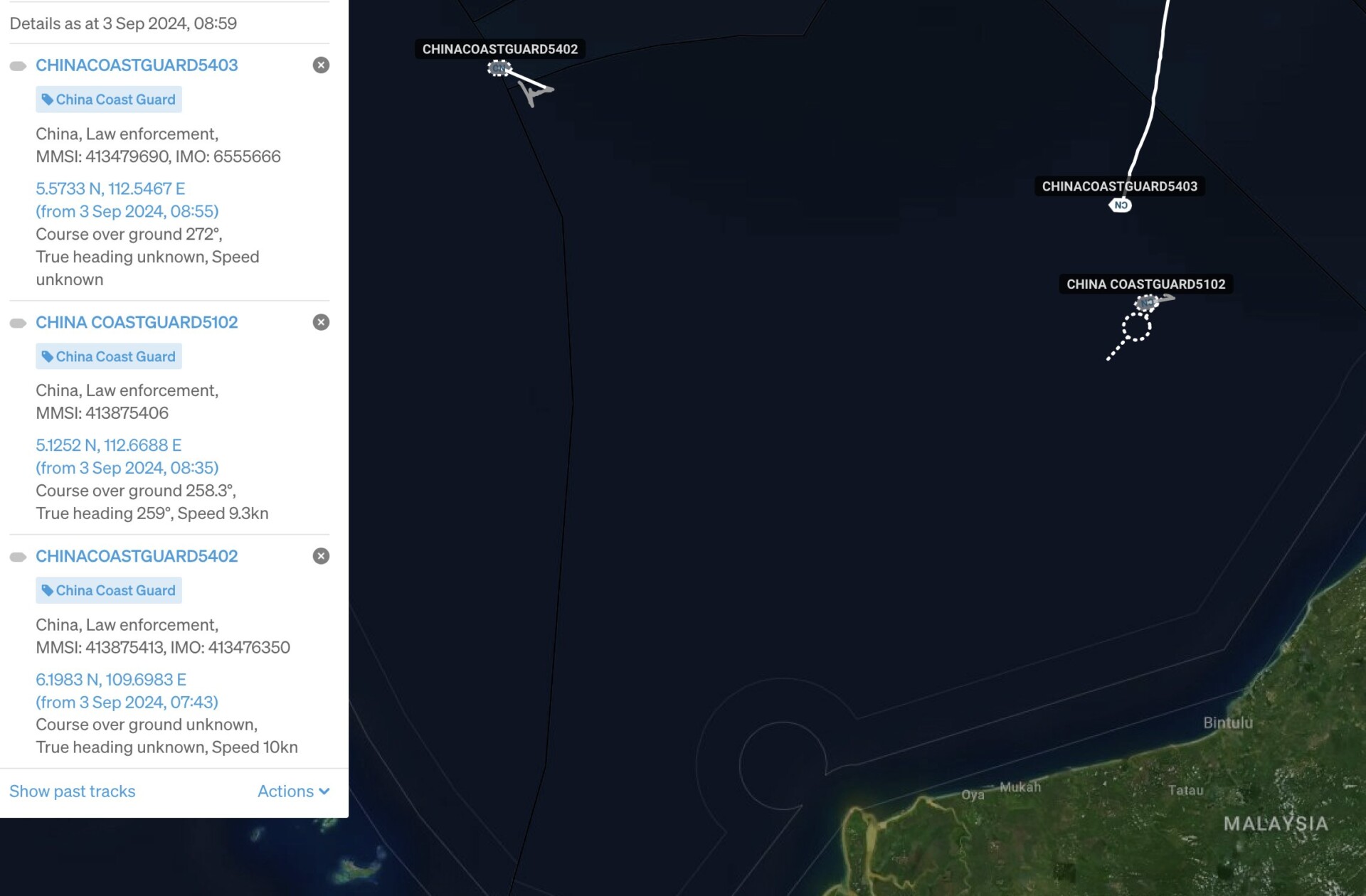Despite China’s Objections, Malaysia Firmly Pursues Oil and Gas Exploration in Sarawak Waters
As reported by Bernama, Prime Minister Datuk Seri Anwar Ibrahim stated that he is confident Malaysia’s oil and gas exploration activities are being conducted within the country’s territorial waters, but will clarify its position on the matter to China.
(DEFENCE SECURITY ASIA) — Malaysia will continue its oil exploration activities within its territorial waters despite China’s demands to immediately halt oil and gas drilling in the waters off Sarawak, according to Prime Minister Datuk Seri Anwar Ibrahim.
As reported by Bernama, Anwar expressed confidence that Malaysia’s oil and gas exploration is being conducted within the country’s waters, though he added that Malaysia will clarify its position to China.
“China is our partner, but we must operate within our waters to ensure we benefit, including through drilling activities in our territorial areas.
“(Although) Beijing has lodged protests as they believe it is their area, we have no choice but to proceed as this concerns our nation’s economic survival,” the Prime Minister told Malaysian reporters during a press conference on the final day of his working visit to Russia today.
Anwar is currently in Vladivostok, Russia’s far eastern city, attending the 9th Eastern Economic Forum (EEF).

The Prime Minister stressed that Malaysia and China have always managed to resolve their disputes through dialogue, like two friendly nations.
“If they continue to contest, we can listen, and they must listen too, but it should not affect the relationship between both countries,” he said.
The note, dated February 18, called on Malaysia to immediately cease all activities in the oil-rich waters off Sarawak.
The note was published in a report by the Philippine Daily Inquirer last week, which stated it had been obtained from a Malaysian journalist who requested anonymity.
The note objected to Malaysia’s oil and gas exploration at Beting Raja Jarum and Beting Patinggi Ali (referred to as Beikang Ansha and Nankang Ansha in the note), reefs that are part of the Spratly Islands and claimed by Malaysia as part of its exclusive economic zone.
China argues that Malaysia’s exploration activities are unilateral actions that violate China’s rights over the area and breach the Declaration on the Conduct of Parties in the South China Sea (DOC) and the United Nations Convention on the Law of the Sea (UNCLOS).

China claims sovereignty over most of the South China Sea through its so-called “Nine-Dash Line,” which includes the Spratly Islands.
Despite expressing “strong dissatisfaction” with Malaysia’s oil and gas exploration, the note also invited Malaysia to engage in dialogue and cooperation.
Commenting on the leak of the document, Wisma Putra said the Ministry of Foreign Affairs is conducting an internal investigation into the leak of the classified information.
“The Ministry will also file a police report to ensure the relevant authorities can investigate immediately,” it said.
Meanwhile, Petroliam Nasional Bhd (Petronas) as was quoted by Bernama reaffirmed today that it operates lawfully in waters off Sarawak.
Petronas president and group chief executive officer Tan Sri Tengku Muhammad Taufik Tengku Aziz echoed Prime Minister Datuk Seri Anwar Ibrahim’s statement on Petronas’ right to conduct exploration within Malaysia’s sovereign waters.

Tengku Muhammad Taufik emphasises that throughout the quarter, the national oil firm has adhered to the government’s guidance and the oversight of the National Security Council.
“We have carried out our duties safely and in accordance with the definitions of territory as outlined in the 1979 map,” he said.
Yesterday, Defence Security Asia in an article said three Chinese coast guard vessels were detected in Malaysia’s Exclusive Economic Zone (EEZ) in the South China Sea as claimed by international maritime observer Ray Powell.
In a post on X (formerly known as Twitter), Powell identified the Chinese coast guard ships detected in Malaysia’s EEZ as CCG 5403, CCG 5102, and CCG 5402.
Vessel tracking applications showed that the Chinese coast guard ships CCG 5403 and CCG 5102 were believed to be near the Kasawari gas development area, which is being operated by Malaysia’s state-owned oil and gas company, Petronas, in Block 316, clearly within Malaysia’s EEZ.
Petronas Carigali, a wholly-owned subsidiary of Petronas, is responsible for developing and operating the Kasawari Gas Field, which is estimated to be worth billions of ringgit.

Discovered in November 2011, the Kasawari Gas Field in Block SK316 off the coast of Sarawak in the South China Sea is estimated to hold about three trillion cubic feet (TCF) of recoverable natural gas resources, which can be processed and commercialized.
The discovery of the Kasawari Gas Field by Petronas further strengthens Malaysia’s position as one of the world’s largest exporters of liquefied natural gas (LNG). — DSA



Comments are closed.